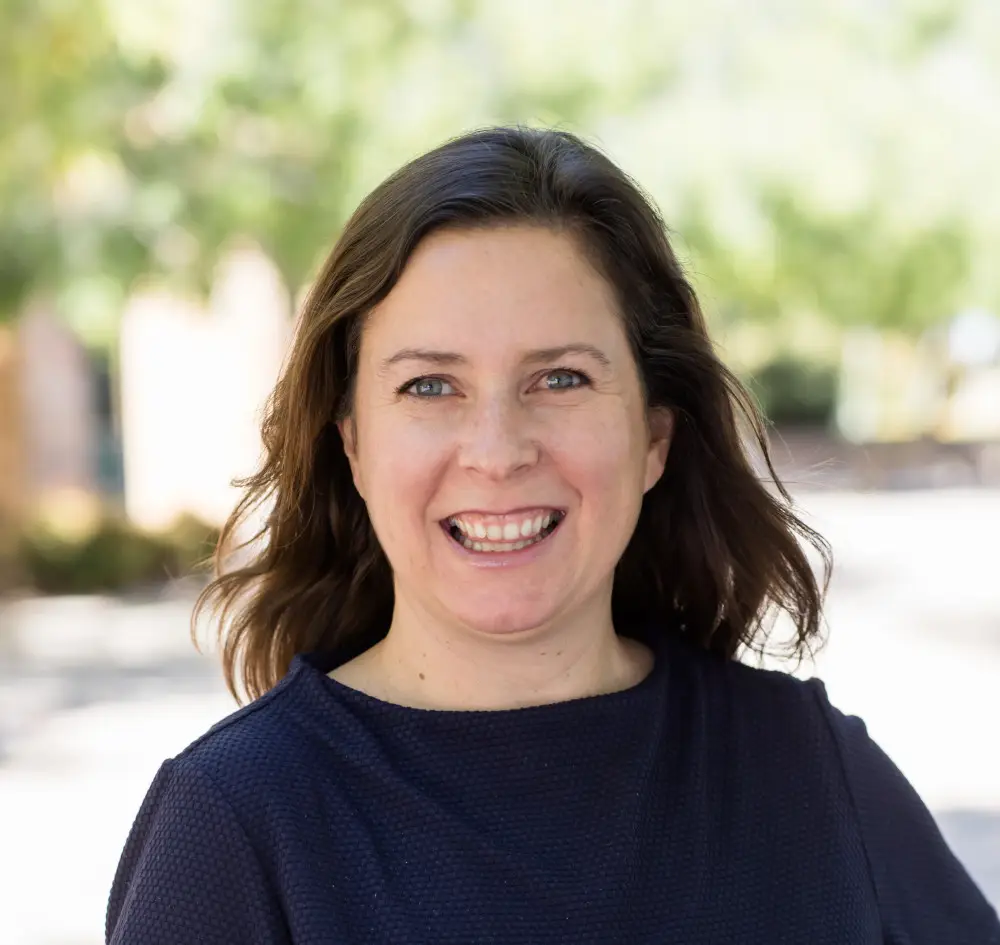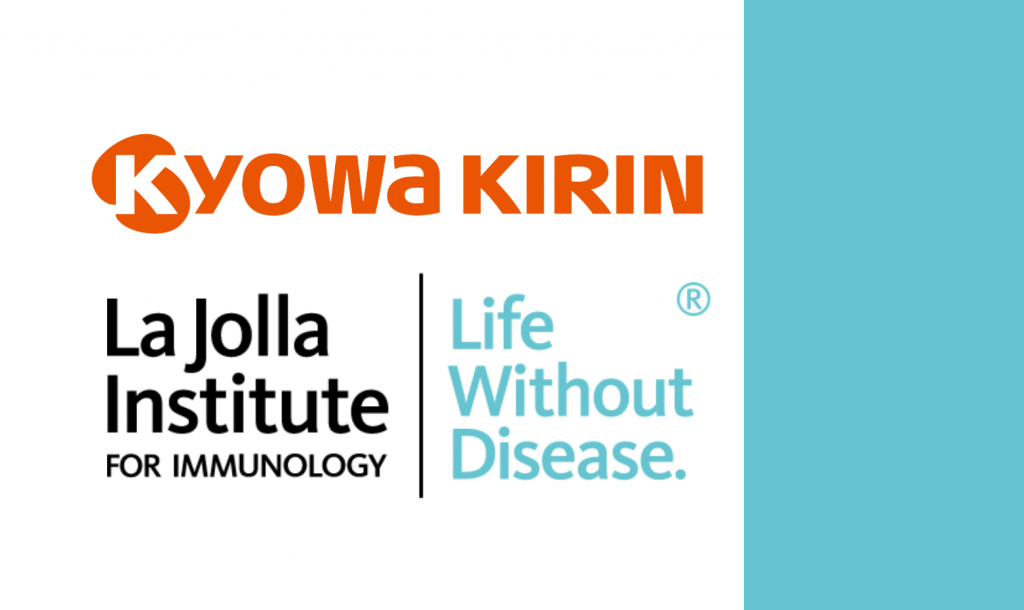LA JOLLA, CA—In recognition of her exceptional research track record, La Jolla Institute for Immunology (LJI) has appointed Research Assistant Professor Daniela Weiskopf, Ph.D., to a tenure-track Assistant Professor position. Weiskopf’s laboratory studies protective and maladapted immune responses to emerging infectious diseases. She will be joining the LJI Center for Vaccine Innovation and the LJI Center for Sex-based Differences in the Immune System.
Weiskopf is particularly interested in the role of T cells and how their activity differs in patients with severe, mild, or no symptoms at all; as well as assessing and comparing the level of protection induced by natural infection versus vaccines. When the COVID-19 pandemic hit, she quickly changed gears and started drawing on her large body of work studying human T cell responses to publish several benchmark studies that helped guide COVID-19 vaccine efforts worldwide.

“Daniela’s research is not only a testament to her deep expertise in human T cell immunology, but also to the power of applying the full force of science combined with great agility to respond to a global health crisis,” says LJI Professor, President & CEO Erica Ollmann Saphire, Ph.D. “Her innovative approach and scientific goals are, and will be, uniquely relevant in a world where emerging viral diseases continue to pose a global threat.”
“LJI has been my scientific home for many years and the place where my research could flourish,” says Weiskopf. “I feel truly honored to be joining the ranks of tenure-track faculty, and my commitment to the Institute is just as strong as the commitment the Institute has shown by promoting me.”
Weiskopf, a native of Austria, completed her Ph.D. in immunology at the Innsbruck Medical University, Austria, before she joined the lab of LJI Professor Alessandro Sette, Dr. Biol.Sci., as a postdoctoral researcher, to study the human immune response to dengue virus infection and vaccination. She quickly broadened her research interest to include other mosquito-borne, neglected infectious diseases such as Zika and chikungunya. In 2020, she was promoted to Research Assistant Professor.
After the COVID-19 detour, Weiskopf is eager to re-focus her attention on defining the factors that can predict the outcome of emerging diseases in human populations. Her work centers around arboviruses, a group of viruses spread by arthropods like mosquitoes and ticks. The group encompasses flaviviruses, including dengue virus, and alphaviruses, such as chikungunya virus, both of which can elicit widely differing symptoms, ranging from completely asymptomatic to severe or chronic disease.
For example, the majority of individuals infected with chikungunya virus fully recover within one to two weeks after infection, but some people continue to experience incapacitating arthritis-like syndromes that can persist for months.
“The chronic, long-term chikungunya symptoms almost exclusively affect middle-aged women, but the mechanism behind it is completely unknown,” says Weiskopf. “It baffles me. We have completely ignored the biggest variable, biological sex, and that’s where I will put a lot of emphasis.”
Reflecting the global impact of her COVID-19 research, Dr. Weiskopf has been ranked as a Top Immunology Scientist by research.com; repeatedly named to the list of Highly Cited Researchers by Clarivate; and identified as a “Rising Star” by the journal Nature. She was the recipient of a 2018 Tully and Rickey Families Spark Award for Innovations in Immunology, the 2021 ASciNA Award, and the 2022 Elsevier Early Career Scientist Award.
Weiskopf currently serves on the Public Affairs Committee of the American Association of Immunologists (AAI), which identifies and communicates critically important issues in immunology and biomedical research to federal officials and the general public.




